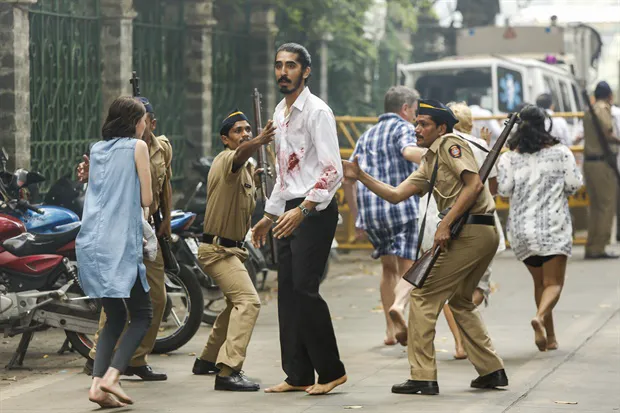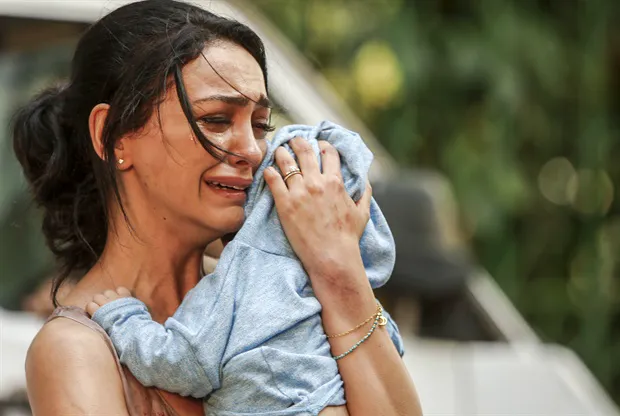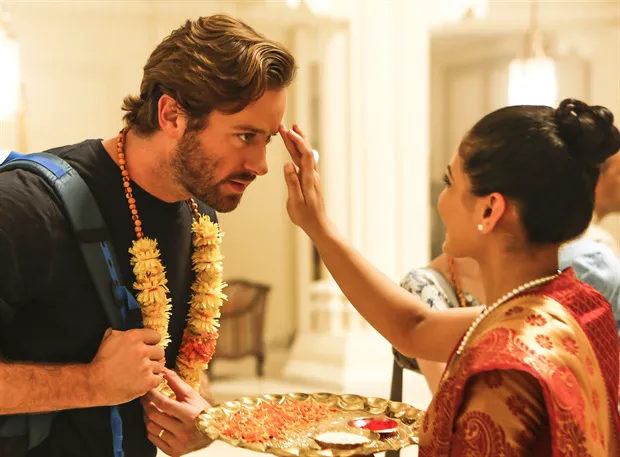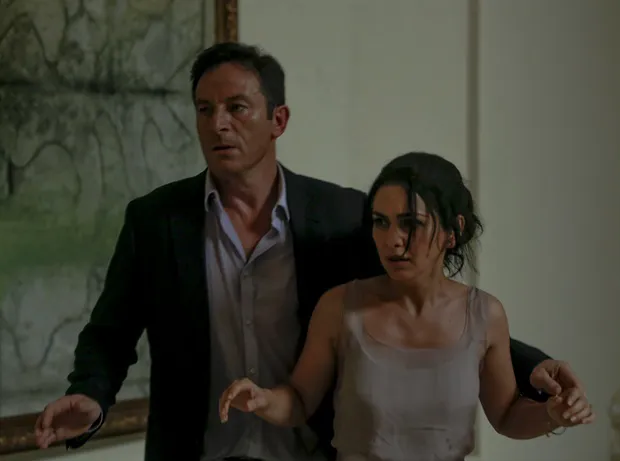Hotel Mumbai: A Gripping, Almost Exploitative Look at the 2008 Terrorist Attacks
Starring Armie Hammer and Dev Patel, this film plunges into the heart of the horrific Mumbai attacks.
David, a doctor, and his wife Zahra arrive in Mumbai for a vacation, checking into the opulent Taj Mahal Palace Hotel. Arjun, a resourceful but somewhat clumsy waiter, works there, and Vasily, a formidable Russian businessman, also becomes a guest. Unbeknownst to them, a group of militants has landed on the shores of Mumbai, ready to unleash a series of devastating terrorist attacks across the city. The Taj Mahal Palace Hotel is one of their primary targets.

Anthony Maras, an Australian director with a penchant for exploring foreign national tragedies (he previously directed a short film about the Turkish invasion of Cyprus), makes his feature directorial debut with a challenging and sensitive subject. The devastating terrorist attacks in India, which claimed over a hundred lives just a decade prior, remain a fresh wound. Any misstep, wrong tone, or, God forbid, romanticization of the events could deeply resonate with survivors and witnesses. What makes Maras’ approach intriguing is that he doesn’t shy away from the tragedy but constantly walks a fine line.

“Hotel Mumbai” is brutal and unapologetic. At its best, it evokes the opening scene of Spielberg’s “Munich,” but stretched across an entire film. Maras tallies the dead with an almost exploitative coldness, refusing to avert his gaze from the bloodshed or keep the killings off-screen. Some Western critics have already criticized the director for this, arguing that it’s unethical to turn the suffering of thousands into a macabre spectacle. However, the brutality in “Hotel Mumbai” is hardly entertaining. Its cynicism and cold calculation are more likely to shock and repel. The film doesn’t revel in violence or turn the attacks into a fireworks display of gore. Each precise shot feels like a painful jab, a reminder that evil is still present, nearby, and cannot be softened by cinematic pathos or Hollywood tears.

Maras, notably, doesn’t dehumanize the perpetrators, as is common in such films. His terrorists aren’t just an abstract, deadly force spewing bullets and religious slogans (although there’s plenty of that too). They are living, breathing individuals, whom the film follows as closely as their victims. They joke, they get angry, and one of them even breaks down in the climactic moment, wailing about universal injustice. But no matter how humanely the film portrays the killers, it’s hard to suspect it of sympathizing with them. On the contrary, this dissonance makes their actions even more terrifying and senseless. It provokes questions that most films about terrorist attacks leave in the background, focusing instead on personal tragedies: how much does someone need to be brainwashed for them to lose all other feelings, overriding them with a dubious religious idea?

The Power of Silence
“Hotel Mumbai” doesn’t offer any easy answers. The film is strongest in its silent scenes. The director is far more interested in working with suspense and the natural flow of events than with dramatized (and entirely fictional) stories of individual characters. It’s in these moments that he begins to falter, steering the film towards the very Hollywood sentimentality from which it otherwise distinguishes itself. It’s as if, without explicitly stating that a character has a family at home (or even in the hotel itself), the audience simply won’t be able to empathize with them. As a result, the most intriguing character is the Russian businessman Vasily (played by Jason Isaacs, a seasoned Hollywood villain), who is too witty and sarcastic for his circumstances, a self-assured beacon of heroism who, even on the verge of death, doesn’t miss an opportunity to joke about one of the terrorist’s mothers.
A National Tragedy
Maras portrays the collective and national tragedy far more effectively and powerfully than the tragedy of individual victims. It’s a shame that as the film progresses, it leans more towards the latter, ultimately reducing everything to triumphant embraces and sorrowful words of gratitude. Against the backdrop of a very “physical” portrayal of the terrorist attacks, this sentimentality feels like blatant falsehood, an insincere inclusion of something obligatory, conventional, but utterly alien to the film.